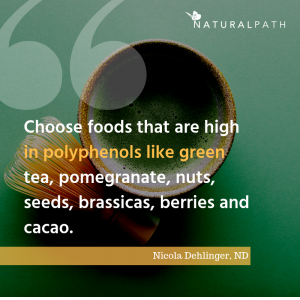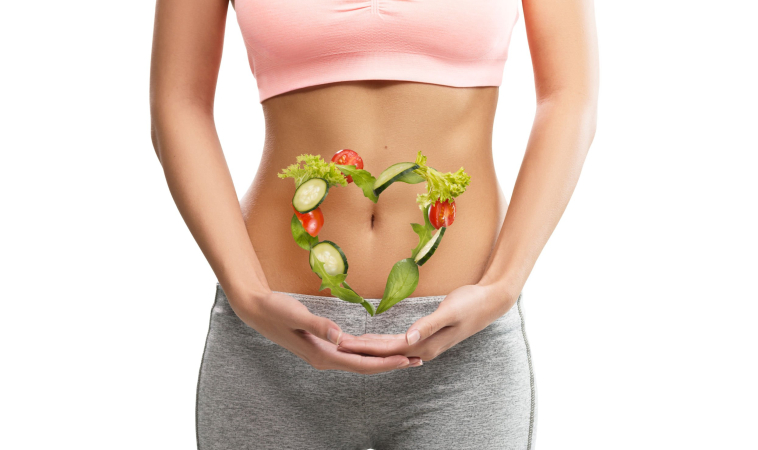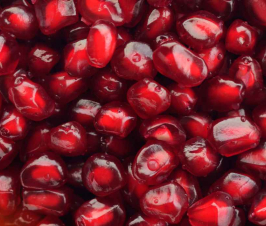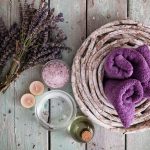The microbiome is what we call the community made up of trillions of cells that live in your large intestine. These bacteria and fungi outnumber all the other cells in your body put together! Weighing more than your brain, the microbiome influences metabolism, mood, gut health, inflammation and appetite. According to research, having more gut diversity lowers your risk for disease and allergies. This first line of defense protects us from toxins and other insults that we eat or drink. Many of us don’t ever think about this amazing organism, let alone how to support it.
 Mastering the miraculous microbiome
Mastering the miraculous microbiome
Supporting a healthy, diverse microbiome is actually incredibly simple. Eating fiber and foods high in pre-biotics (like apples, garlic, onion, asparagus, and dandelion) is a great place to start. These plant-based fibers can make their way to the colon undigested, where they are fermented and broken down into butyrate which provide energy to the cells of your gut. Providing your gut with prebiotics and fiber helps “good” bacteria flourish while keeping opportunistic bacteria in check, creating more health and vitality in the colon. Aim for 40 grams of fiber or more each day.
Speaking of fermentation
Speaking of fermentation, eating fermented foods like kimchi, sauerkraut, kefir, kombucha, tempeh and miso helps to balance the bad bacteria in your gut by making it replete with good bacteria. Fermented foods contain hundreds of different species of bacteria, as opposed to taking a probiotic supplement where you’re probably only getting 1-10 strains. Eating 1-2 servings of fermented foods daily increases the diversity of bacteria and keeps that very important balance in check.
A variety of fiber is preferred by the microbiome
The microbiome prefers a variety of fiber so eating a narrow selection of fruits and veggies really limits what the biome can create. Eating seasonally is an easy way to diversify what you’re eating and make sure you’re getting more diversity. As the seasons change, the foods that are available shift (i.e. lettuce in the spring and squash in the fall) allowing you to easily diversify your fiber sources. Each week, eat 30 different plants to optimize the raw material your gut has to work with.
Choose these foods
Choose foods that are high in polyphenols like green tea, pomegranate, nuts, seeds, brassicas, berries and cacao. Polyphenols are fuel for microbes. They decrease inflammation, stimulate growth of beneficial bacteria, and inhibit pathogenic bacteria.
Go ahead, give your gut a rest
Give your gut a rest by fasting for 12-16 hours overnight and avoiding snacking. Allowing at least 4 hours between meals will ensure that the microbes have plenty of time to do their job of optimal digestion.
Be picky
Be picky about the source of your food. Local, small farmers are much more likely to use farming methods that support healthy soil that is alive, fresh and vibrant. When we eat foods grown in living soils, they are much more nutrient dense and contain their own microbiome that we receive when we eat them! Plus, they are likely to be recently harvested and may even have a little dirt left on them – eating soil is a great way to inoculate your microbiome!
Learning to create a more alkaline internal environment
Learning how to eat to support your gut health creates a more alkaline internal environment… in fact, the benefits of following a microbiome-building diet are too many to list! When we enhance the life and vibrancy inside of our bodies, we are supporting our overall health and vitality on every level.

Nicola Dehlinger, ND, graduated from SCNM in 2004. Dr Nicola sees clients from around the world in her naturopathic medical practice, Pura Vida Natural Healthcare, in Durango, CO. She is an expert in the treatment of anxiety, depression, and insomnia. She is able to minimize supplements and medications as her patients become empowered to heal themselves. In addition to seeing clients, Dr Nicola leads group and private retreats. She also teaches a variety of online and in-person classes. In her free time, you can find Dr Nicola in the mountains or the kitchen, enjoying time with her husband, son, and their dogs. Website: www.puravidahealthcare.com

















